Healthy but hurting: Fibromyalgia and CBD
Courtesy of Appalachian Standard
CBD: Appalachian Standard sells a variety of CBD products online. Their website also includes educational information about CBD.
In my attempts to medicate my fibromyalgia, I have tried a long list of medications, therapies and diet changes, most of which have not made a lasting impact. Previously in my column I have discussed these prescription medications and their side effects that outweighed the benefits. CBD is the one thing that I have tried that has made a difference in my condition without any downside.
According to Harvard Health, “CBD, or cannabidiol, is the second most prevalent active ingredient in cannabis (marijuana).” While CBD is an essential component of medical marijuana, it is derived directly from the hemp plant, a cousin of marijuana, or manufactured in a laboratory. One of hundreds of components in marijuana, CBD does not cause a “high” by itself. According to a report from the World Health Organization, “In humans, CBD exhibits no effects indicative of any abuse or dependence potential…. To date, there is no evidence of public health related problems associated with the use of pure CBD.”
CBD is much different from marijuana in that it does not produce a high and is legal in all 50 states. However, not all CBD is free from THC, the psychoactive chemical in cannabis.
I take full-spectrum CBD which has a very small amount of THC, but it is important to note that it does not produce a high and is still federally legal because it has less than 0.3% Delta 9 THC. Broad-spectrum CBD on the other hand has no THC.
A year ago I tried CBD for the first time, but I didn’t have much luck with it. I purchased some local broad-spectrum CBD capsules that I took daily for a month, but never saw much of an impact.
A few months ago, I started to see CBD on my TikTok For You Page, specifically through the account @fiddyshadesofgreen. The account talked about CBD and all its benefits, especially for things such as anxiety and chronic pain. After some deliberation and research, I decided to try CBD out again.
The account I was watching was also directly associated with a CBD company called Appalachian Standard. I explored their website and felt confident in their products, so I pulled the trigger and ordered CBD tincture.
Tincture is an alcohol-based cannabis extract that can be absorbed sublingually, or under the tongue, for the most effective absorption.
I have been taking CBD tincture for a month or two now, taking it in the morning and at night, and I can see an improvement in my overall pain when I take it. It also seems to help calm my anxiety which is another positive.
The downside of CBD is that it is still not FDA approved and there is still a lot of stigma surrounding it. The company Appalachian Standard frequently deals with censorship on its page even though what they sell is federally legal. A lot of this stigma comes from CBD’s misassociation with marijuana.
Another thing to remember is that since CBD is not FDA approved, there is no set dose and it is illegal to make unproven medical claims.
Despite all of this, I do think that CBD is a great aid for chronic pain. It may not work for everyone, but I encourage anyone who suffers from chronic pain to research it more and come to your own conclusions.
Edited by Ellie Walker, Kyle Manthe
Your donation will support the student journalists of Washburn University. Your contribution will allow us to purchase equipment and cover our annual website hosting costs.
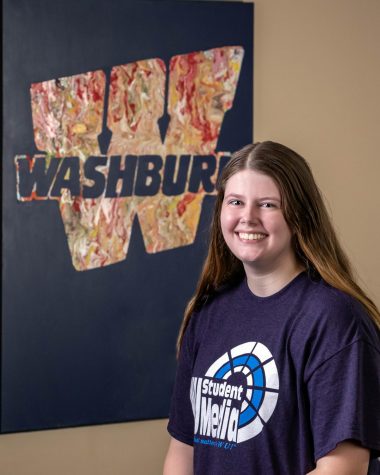




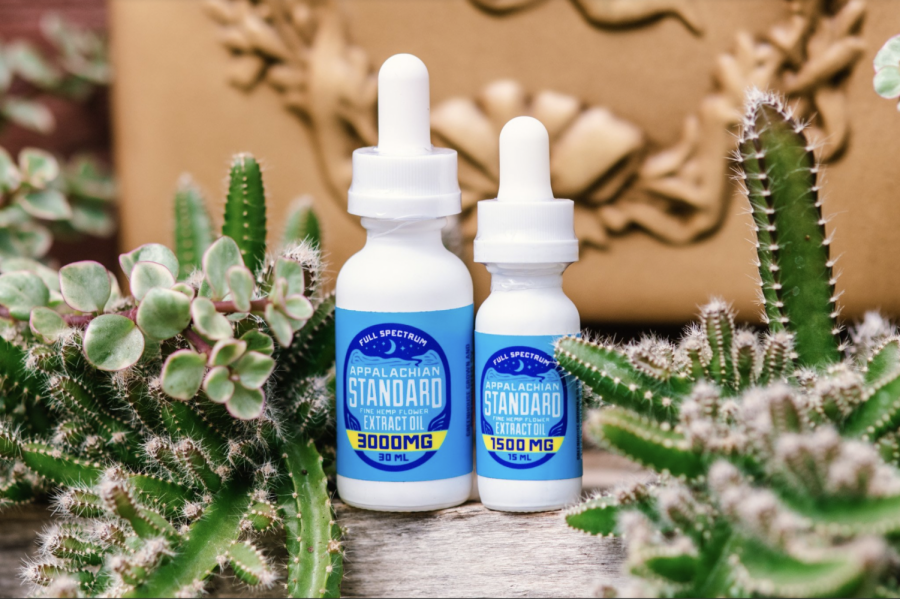
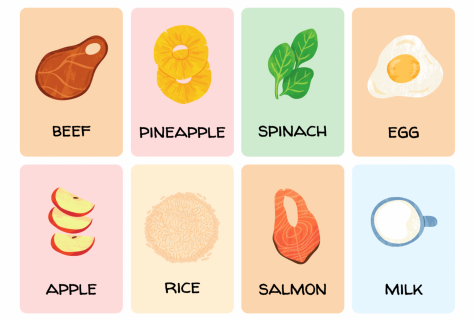
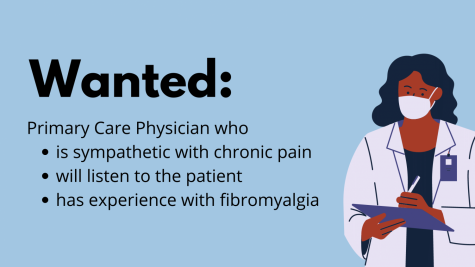
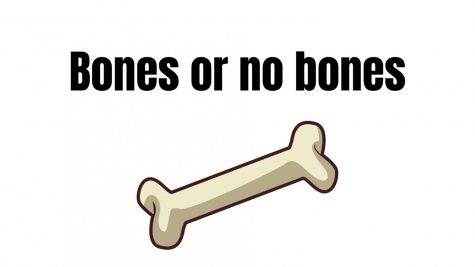


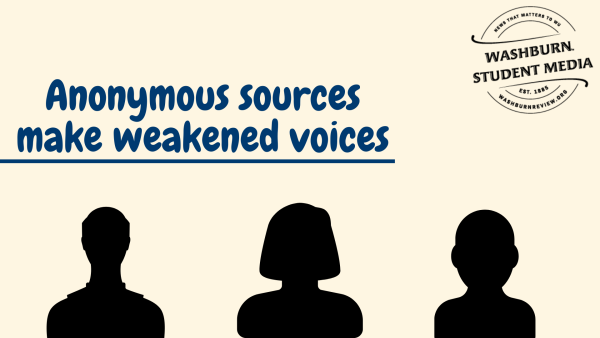


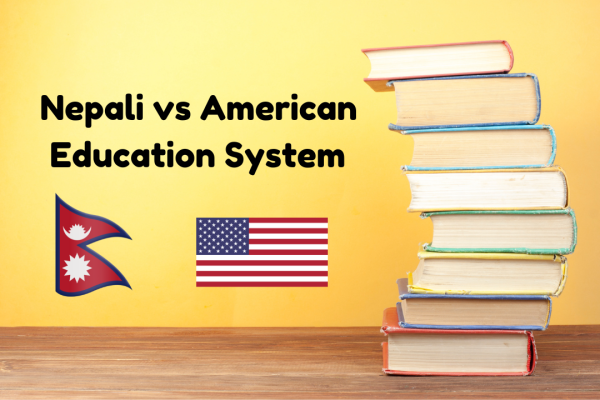
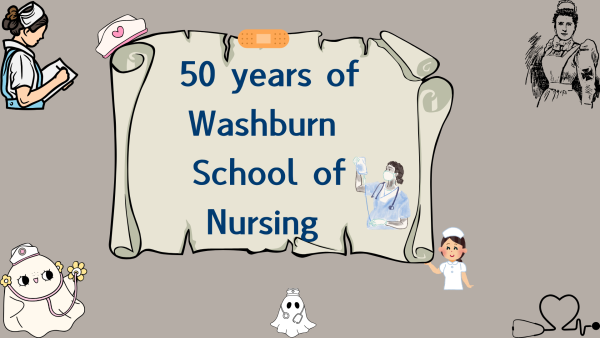
MM • Nov 6, 2021 at 5:13 pm
Thanks for sharing your story. I appreciate the insight.